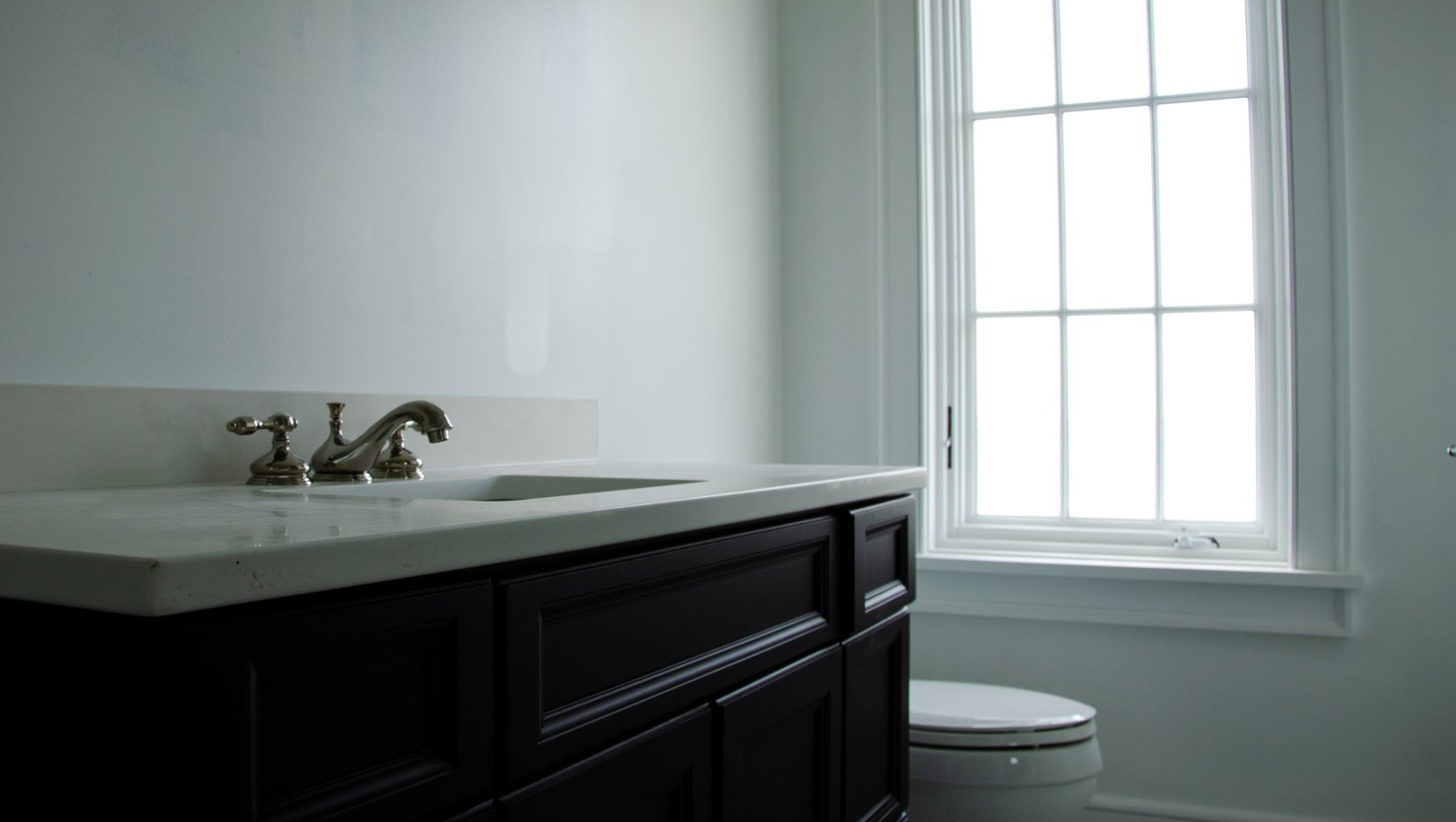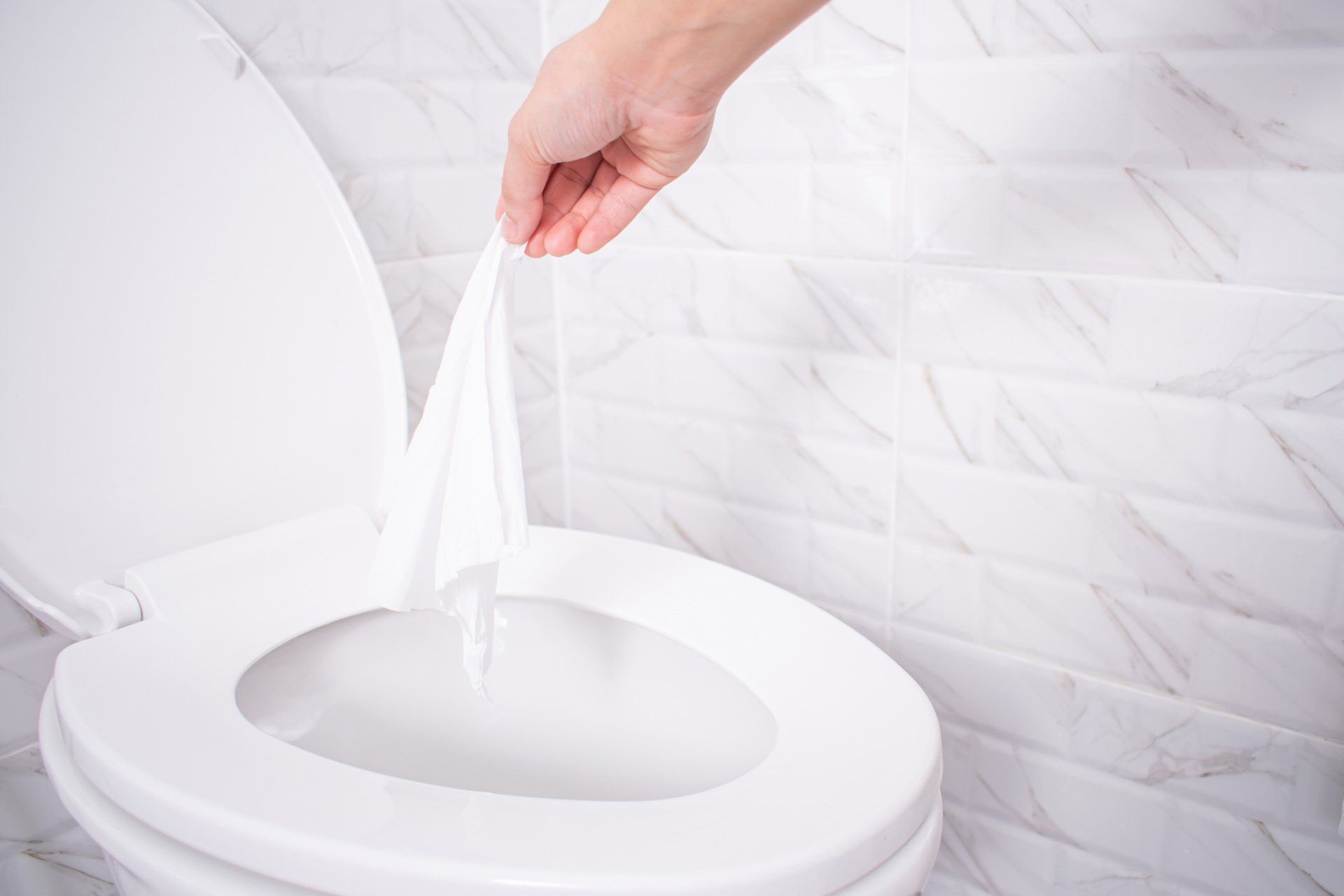How To Correctly Clean Your Kitchen Sink
Cleaning your kitchen sink is one of the easiest things you can do to prevent plumbing problems. The fact of the matter is that if you clean your sink on a regular basis- and properly- you significantly decrease the risk of the types of contents that don’t belong in your drain finding their way into your drain. What’s more, failure to properly clean your sink could lead to a buildup of unhealthy bacteria that could pose serious health risks.
So with that said, here are a few tips on how to correctly clean your kitchen sink, keep everyone in your house healthy, and spare yourself the displeasure of having to foot a hefty plumbing bill.The body content of your post goes here. To edit this text, click on it and delete this default text and start typing your own or paste your own from a different source.
Use mostly hot water and some liquid soap to keep your pipes clean
Hot water has a particularly nasty effect on grease and bacteria that might be building up inside your drain. An act as simple as pouring a pot full of hot water directly down your drain can inflict a lot of damage onto the things you don’t want in your plumbing system, which in turn means that it can do a lot to keep your pipes clean and healthy. The hot water has a way of melting grease that may have slipped down your drain while you were washing dishes, and what residue the hot water isn’t able to get rid of, a squirt or two of liquid soap should take care of.
Clear out your sink when you’re done washing things
Oftentimes, when you wash your dishes, the grease that you scrub off doesn’t do substantial damage to your plumbing system because it’s accompanied by soap and hot water on its way down the drain. However, if you leave your dishes in the sink after washing them, and you missed a spot, that grease that was left unwashed could draw bacteria to your sink, where they could then more easily spread to your drain and pipes than if they were left stacked in the drainer.
When a sponge looks old and greasy, replace it
A general rule of thumb with your sponge is that if it looks as though it has seen better days, it probably has- and that’s the point in time at which you should get a new one. Bacteria have a way of building up on old, overused sponges, and using that sponge to scrub plates and silverware could become a real health hazard to your kitchen sink- not to mention anyone who uses it. In fact, according to one study your kitchen sponge could accumulate more bacteria than your toilet. You most definitely do not want to be using such an item on a regular basis, so when in doubt, get a new sponge for your kitchen sink. Your plumbing system and your immune system will both thank you.
Have you noticed an issue with your plumbing system recently? Are you in need of professional help to fix it? No need to worry, Beverly Plumbing is here for you. Contact us today!
You might also like



